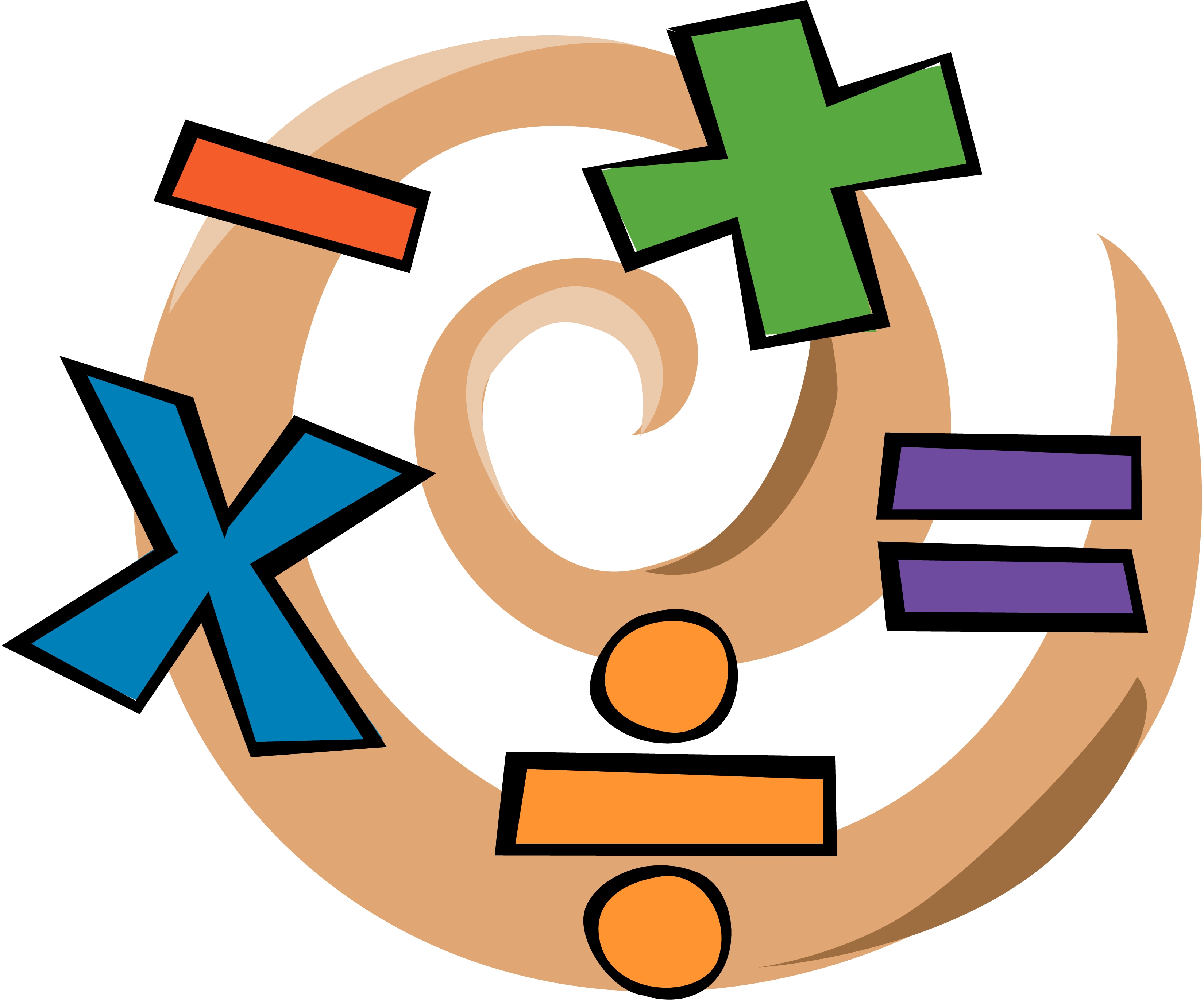IQ tests are a tool that is used to measure intelligence. I took an IQ test on www.funeducation.com/products/iqtest. Taking this test made me feel frustrated. As I answered the questions I kept thinking why am I taking this! I think IQ tests are popular because people can use them to see what their intelligence level is rated. I do not find IQ tests such as the one I took online to be a valid representation of my intelligence. I do not need to take a test like that to determine if I can think accurately. I know that I can, being in graduate school is proof of that to me. I did not have the patience to even finish the test as I did not feel it would be an accurate representation of either my intelligence, or my abilities as a student.

Source: itunes.apple.com
So how do I feel about IQ tests being used with students. Well, I think if a student wanted to take an IQ such as the one I took for fun, sure why not. However, I do not think it is appropriate to use solely an IQ test to determine a person’s intelligence and ability to succeed in the classroom. The IQ test that would be given to a child in elementary school would be vastly different than the test that I took online. I think if an IQ test was to be used and administered by a qualified psychologist to determine if a child was having issues with learning, it would have to be used in addition to other testing, observations, discussions, and evaluations to make any sort of determination.
Check out this video about IQ testing and is it an appropriate test to measure your intelligence.
So how do I feel about IQ tests being used with students. Well, I think if a student wanted to take an IQ such as the one I took for fun, sure why not. However, I do not think it is appropriate to use solely an IQ test to determine a person’s intelligence and ability to succeed in the classroom. The IQ test that would be given to a child in elementary school would be vastly different than the test that I took online. I think if an IQ test was to be used and administered by a qualified psychologist to determine if a child was having issues with learning, it would have to be used in addition to other testing, observations, discussions, and evaluations to make any sort of determination.
Check out this video about IQ testing and is it an appropriate test to measure your intelligence.







